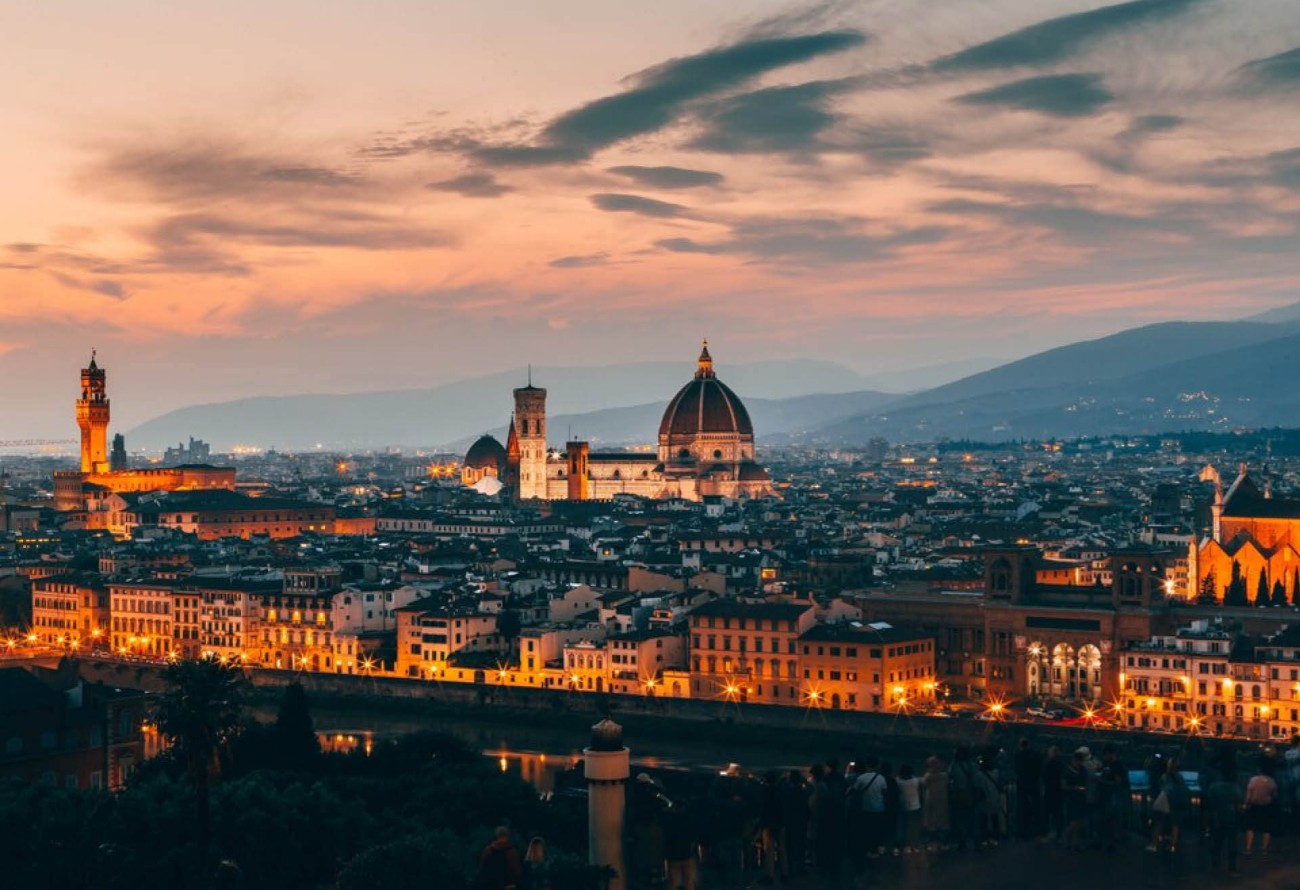We know that sometimes, buying a property in Italy may seem quite complicated, since you don’t know the Italian bureaucracy and the steps to follow. That’s why we want to give you some tips, so that you know what to do and what steps to follow, during the purchase process.
BUYING A PROPERTY IN ITALY IS ACTUALLY PRETTY
STRAIGHTFORWARD: First of all, make sure that what you are going to buy is what you really like. Once this point is clear, you just have to make an offer, stating the price you are prepared to pay. The buying process starts with a “PROPOSTA D’ACQUISTO”, a brief contract with your offer addressed to the owner for the property.

THE PROCESS OF BUYING
A PROPERTY IN ITALY
THE PRELIMINARY
CONTRACT
- If the seller accepts your offer, the deal becomes binding on both parties and you go through a preliminary contract, “CONTRATTO PRELIMINARE DI VENDITA” or “COMPROMESSO”, which defines all selling conditions such as a description of the property, the sale price, payments and timing, ownership rights and any other relevant clauses.
- On signing this contract, the purchaser pays a deposit of approximately 10% – 20% of the property price, depending on what has been agreed. In the event that you decide not to pursue the purchase, the compromesso will be forfeited or the seller may seek legal action to enforce the purchase. On the other hand, if the seller backs out, he will be liable to pay double the amount you have given as deposit.
- At this point, a Notary (notaio) is appointed, the independent legal body that prepares and coordinates the searches and deeds, acting on behalf of the vendor and purchaser. The buyer has the legal right to chose a Notary.
THE DEED OF SALE –
“ROGITO”
- The final contract (“ATTO” or “ROGITO”) is signed at the Notary’s office. The “notaio” or Notary has the responsibility of performing due diligence and he acts for both parties.
- When the checks are done and you feel everything is clear enough for you, you can pay the final balance and sign the deed of sale (witnessed by the Notaio). This requires you to present a valid identification document, and your Italian tax code (“CODICE FISCALE”), which can be obtained through the Italian consulate in your Country, or at the Tax Office (“AGENZIA DELLE ENTRATE”) in Italy.
- The notary will issue you a copy of the deed and present copies to the tax office and Land Registry. Purchase taxes and notary fees are paid by the buyer at the signing. The Notary fees depend on many facotrs as the area, the value of the property and the rates charged by the individual Notary, so it’s always better to ask for a quotation. Once all documentation is signed and all monies paid, you will finally receive the keys to your new Italian property.
TAXES ON THE PURCHASE
If this is your main Italian home, you take Italian residency (“prima casa”) and the seller is a private:
- Registration Tax: 2% (to be calculated on the cadastral value of the property)
- Fixed Land Registry tax: € 50.00
- Fixed Cadastral tax: about € 50.00
If the property is registered as a Luxury Property (Cadastral categories A/1, A/8 and A/9), the Registration Tax is 9% When the seller has a VAT number and operates in the construction industry, and you buy within 4 years after the conclusion of the works, the following must be paid on the purchase price indicated in the purchase deed:
- VAT: 4%
- Fixed Registration tax: € 200.00
- Fixed Land Registry tax: € 200.00
- Fixed Cadastral tax: € 200.00
When the seller has a VAT number and does not operate in the construction/renovation industry, or you buy from a construction/renovation company after 4 years after the conclusion of the works, the following must be paid on the purchase price indicated in the purchase deed:
- VAT: NOT to be paid
- Registration Tax: 2% (to be calculated on the cadastral value of the property)
- Fixed Land Registry tax: € 50.00
- Fixed Cadastral tax: € 50.00
If this is NOT your main Italian home and the seller is a private or a company, which does not operate in the construction/renovation company, or you buy 4 years after the conclusion of the works:
- Registration Tax: 9% (to be calculated on the cadastral value of the property)
- Land Registry tax: € 50,00
- Fixed Cadastral tax: € 50,00
If this is NOT your main Italian home and the seller is a construction/renovation company and you buy within 4 years after the conclusion of the works:
- VAT: 10% (22% for luxury homes)
- Fixed Registration tax: € 200.00
- Fixed Land Registry tax: € 200.00
- Fixed Cadastral tax: € 200.00
- THE REGISTRATION TAX,
- LAND REGISTRY TAX AND
- THE CADASTRAL TAX
ARE PAID BY THE NOTARY, WHEN REGISTERING THE DEED. THIS MEANS THAT THE REGISTRATION TAX,
LAND REGISTRY TAX AND THE CADASTRAL TAX ARE INCLUDED IN THE NOTARY FEES.

BUYING A PROPERTY
IN ITALY CAN BE EASY AND FAST
Buying a property in Italy can be easy and fast, IF YOU ASK FOR SUPPORT TO RELIABLE PEOPLE.
We, at AARON & PARTNERS GROUP, can help and assist you during the whole process, from the property viewing, to the notary deed, to the activation of domestic services and any other need you may have in order to step into your new house in complete ease.
THE STANDARD
AGENCY FEE
- The standard agency fee, regardless of the type of property (commercial, residential, or land sales), is 3%. In Italy both the buyer and the seller pay a commission. The agency fee, according to the Italian law, is payable at the signing of the preliminary contract, unless you agree something different with the agent.
THE MORTGAGE
CONTRACT
- Once you have found a property you may consider taking out a Euro mortgage to help finance your purchase.
- The general rule in Italy is that you can borrow up to 70% of the purchase price while your total mortgage payments and other commitments must not exceed approximately 35% of your gross income. A variety of mortgage products are offered and the opening of an Italian bank account is compulsory.
- Buyers using an Italian loan or mortgage must pay for the “atto di mutuo” (mortgage contract) to be registered by a notary.
THE EXCLUSIVE
AND PREMIUM PROPERTY
OUR PARTNERS ARE THE BEST PROFESSIONALS
